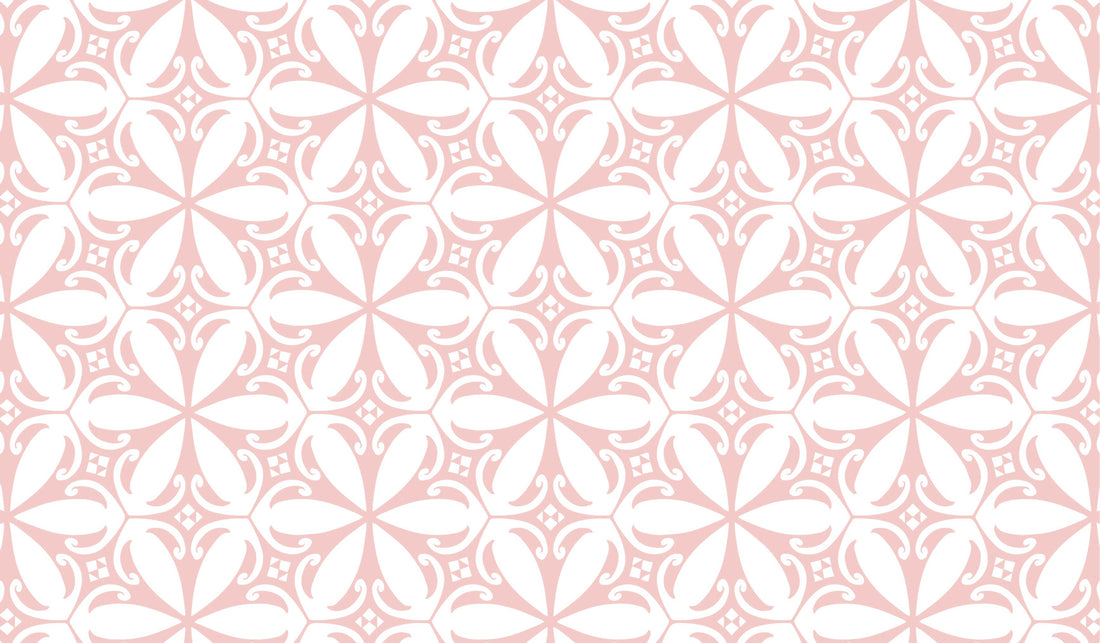
Why Periods are a critical factor in Poverty - Period Poverty in New Zealand
Period Poverty is a gender inequality issue and a child poverty issue
It's grindingly obvious logic.
Our most vulnerable women and girls are living in poverty in New Zealand. Society provides two paths out of poverty - education and employment.
Education is hard when you don't have a nourishing breakfast, lunch and dinner, a quiet space to study, or a good night's sleep because your home is over-crowded, or you are worrying about money. It's even worse if you need to skip school every month because you have no sanitary products and socks and loo paper really don't work as substitutes. You know, because you tried.
Employment is hard if you are a single mother trying to get a job which fits with your children's school hours because you can't afford after school child care, or you have preschoolers, and their dad left town. It's hard to hold down a job if you have no one to look after sick kids or take them during school holidays. It's even harder if you have to miss days every month because you can't afford to buy pads and tampons.
Child Poverty in New Zealand
Our most vulnerable children (175,000 Kiwi kids*) are in single parent families - which are overwhelmingly single mothers - or families depending on the benefit. Add to this families with wage earners in low income jobs and 290,000 NZ children - around 27% of all our precious children - are living in income poverty**.
Children in our most disadvantaged communities are more than twice as likely to end up in hospital as those from the most advantaged communities, and one in five children live in households without access to enough food or healthy food.***
"There is a clear connection between poverty of women and the poverty of children. Of course many men are in the poverty picture too; as the suicide rate suggests, life is anything but rosy for many young men. But we just can’t avoid the fact that poor mothers and child poverty are inescapably tied together. With 29% of all children and 66% of the children of sole parents (who are mainly women) below the poverty line something is terribly wrong."
- Susan St John, Child Poverty Action Group
Period Poverty impacts employment
Last year's devastating Period Poverty survey by KidsCan found that of 5000 Kiwi women and girls:
- 53.1% said they had found it difficult to afford sanitary items at some point
- 23.6% said they had missed school or work due to a lack of access to sanitary products.
Period Poverty has a lasting impact on employment too - a OnePoll.com survey in England, where statistics on missing work are almost identical, found that 44% of women who had experienced period poverty struggled to find employment, a figure 20% higher than for those had not been through similar struggles.
Period Poverty impacts education
A great free education is the path out of poverty! This is the Kiwi dream. Yet teenaged girls in New Zealand are being heavily affected by Period Poverty, and this is damaging their chances of performing well and securing a well-paid career to provide a solid income for themselves and their families.
27% of the KidsCan survey respondents were 15-17 years old, and in this group:
- 7% were currently struggling frequently to afford sanitary items.
- 29% said they had missed school or work due to having their period and lack of access to sanitary wear.
This is despite the extreme effort mothers in poverty make to ensure that their daughters do not go without period care, even when they do not have period products for themselves. Many respondents stated this was their priority both in NZ and overseas.
Data on Child Poverty in New Zealand
Want to go deeper into child poverty data for New Zealand?
* International Women's Day 2018 Address by Susan St John, Child Poverty Action Group
*** Child Poverty Monitor 2018 technical report
International Women's Day 2018 Address by Susan St John, Child Poverty Action Group

